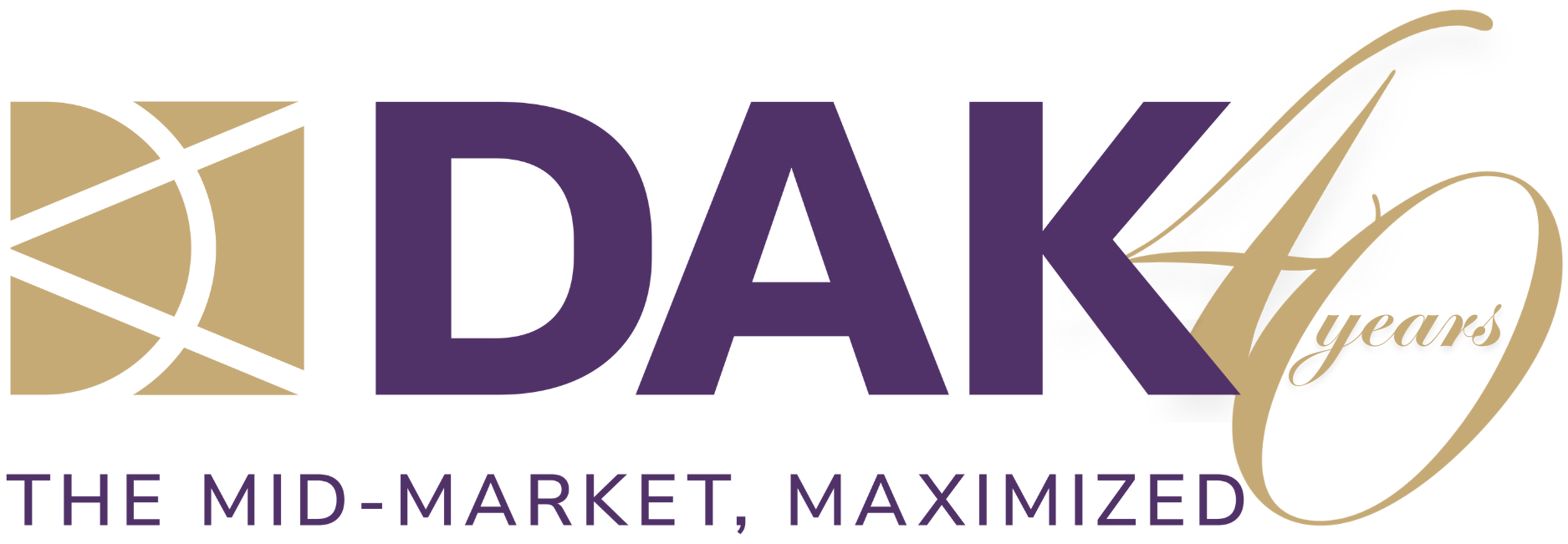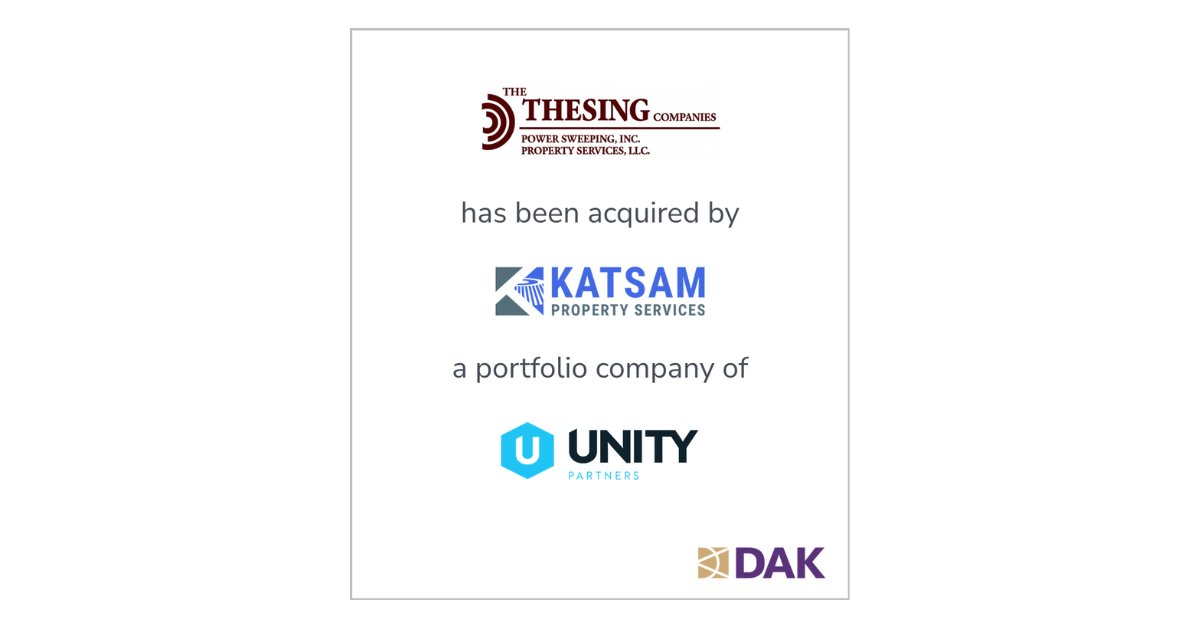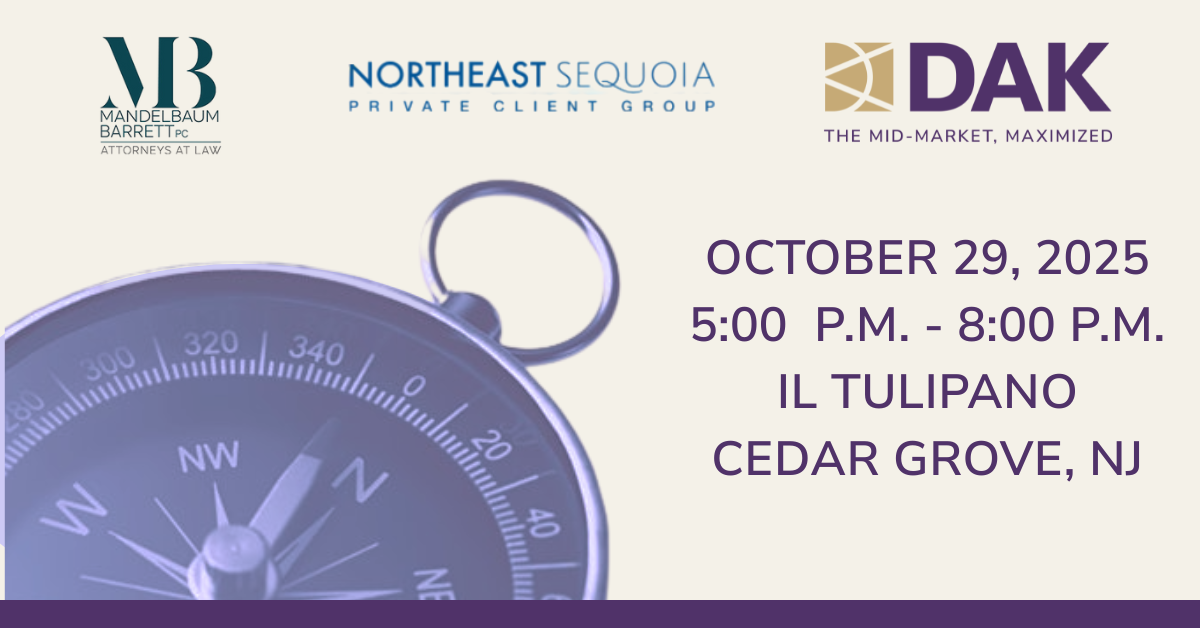Hot off a banner 2022 for mergers & acquisitions in New Jersey, professionals handling these transactions are entering the year’s end with a market that has mostly frozen over.
Although cash-flush private equity groups led to last year being one of the most active years for deal-making of at least the past decade, the first half of 2023 can only be described as a slump.
Less bluntly, M&A experts such as Lowenstein Sandler LLP Partner Nick San Filippo call it a “challenging” year so far for those hoping to move from ideas and handshakes into formalized business purchases.
“The only deals I see getting done are ones where the sellers are really prepared for the process, because it doesn’t take much to spook a buyer these days,” he said. “At times, the buyers are even looking for those ghosts themselves and taking a much deeper dive into due diligence. And, if you can’t survive that from a financial, legal and operational perspective, you’ll lose buyers quickly.”
And for deals that are transpiring (or working toward that), the pace is different.
The extent to which buyers are doing their homework on potential partners has significantly slowed down the M&A process. San Filippo added that organizations also are valuing having several months of observing how a company performs amid some level of economic headwinds.
A few years ago, companies might have been willing to overlook some things to pick up the pace in deal-making. Not anymore, said San Filippo.
Inflation and other trends have given businesses the perception that they have less margin for error, he explained. In any case, buyers are looking for opportunities to make purchases at better-than-expected valuations when it comes to agreeing on acquisition price tags.
“There is also a sense that those that are selling in today’s environment don’t really have a reason to sell, because it’s not an ideal time to do it,” San Filippo said. “So, buyers entering the fray, so to speak, have some amount of skepticism over what sellers are telling them. They’re looking beyond the story that’s told for deeper reasons for selling when it’s not the best time to.”
At the same time, the institutions connected to deals on the financial side have their own reasons for carefulness, according to Ari Fuchs, managing director at Rochelle Park M&A advisory firm the DAK Group.
“The lending community is also creating a much larger focus on due diligence to support transaction activity, and that’s just further extending the transaction timeline,” he said. “Transactions that were historically done in less than six months are now taking upwards of nine months and sometimes longer.”
The trend in New Jersey, which in many ways falls into a larger national trend, is that there’s simply less appetite for risk when it comes to M&A. Buyers aren’t entering the M&A market to make splashy, speculative deals, Fuchs said. They’re staying closer to their core business.
“What we are seeing during the slowdown in M&A is strategic buyers becoming more active, with the view being that these strategic acquisitions — expanding on a company’s existing geographic footprint or adding to an existing customer base — are less susceptible to something like rising interest rates,” Fuchs said.
Most of those deals are happening among businesses larger than small businesses but smaller than the large firms that have particularly shied away from transactions this year.
“The fact is, the middle market doesn’t experience the same highs or lows as the broader market,” Fuchs said. “What we’re seeing in data is a tendency for the middle market to be somewhat insulated and stay active at these times.”
Fuchs adds that he does expect an across-the-board pickup in activity for the rest of the year, which he expects will carry into next year as well.
It might not reach the heights of the red-hot market that immediately followed 2020, but he’s encouraged by the pipeline of deals he sees shaping up in New Jersey and nationwide.
“And it’s important for sellers in the market to prepare for that uptick in activity now,” he said. “Because you can never be prepared enough.”
That’s a point of emphasis for M&A professionals, who expect to have a greater demand put on the work they do to prepare clients in advance of going to market in the coming years.
“For us, the focus is helping business owners strategize and adapt their businesses to this new market reality,” San Filippo said. “They have to avoid pitfalls issues buyers would see, pass all the tests and smell like roses throughout the process. That’s the new challenge for M&A professionals.”
CLICK FOR MORE INFORMATION
AUTHOR
Ari Fuchs





